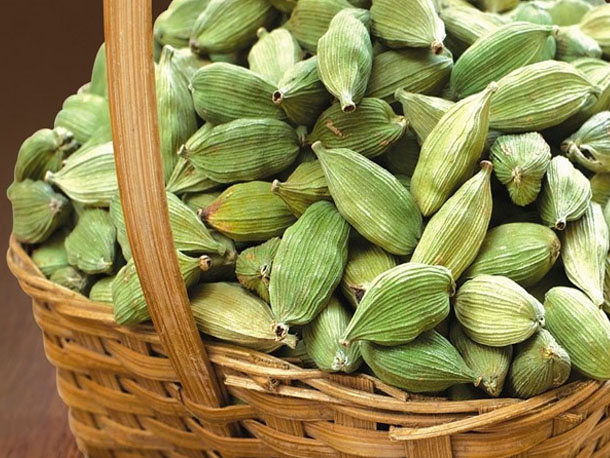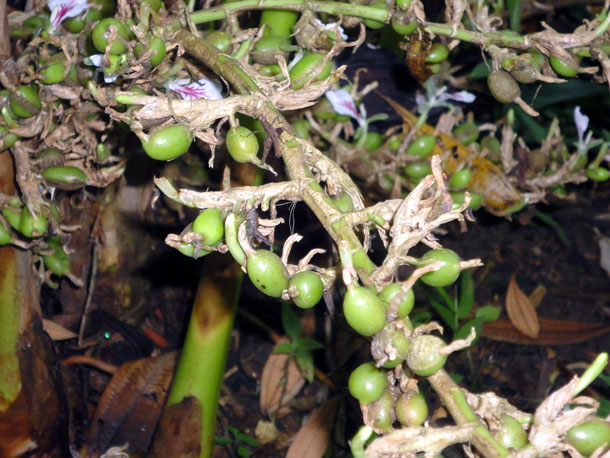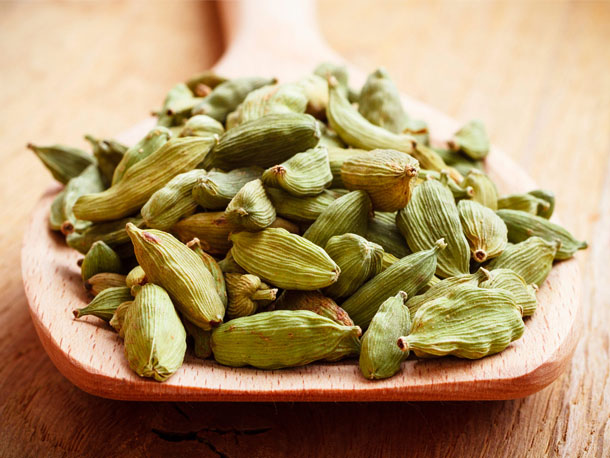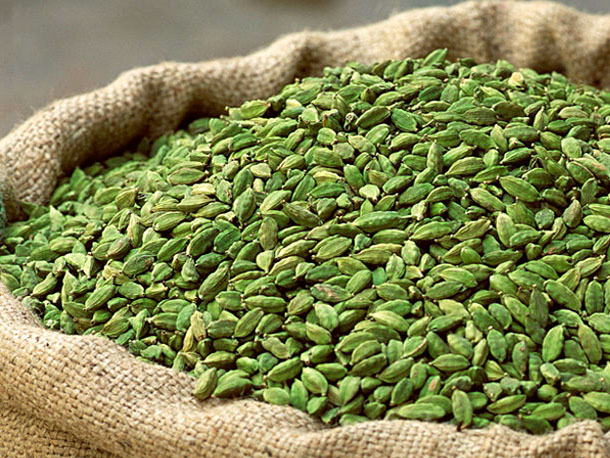India and Guatemala look to pool resources on cardamom
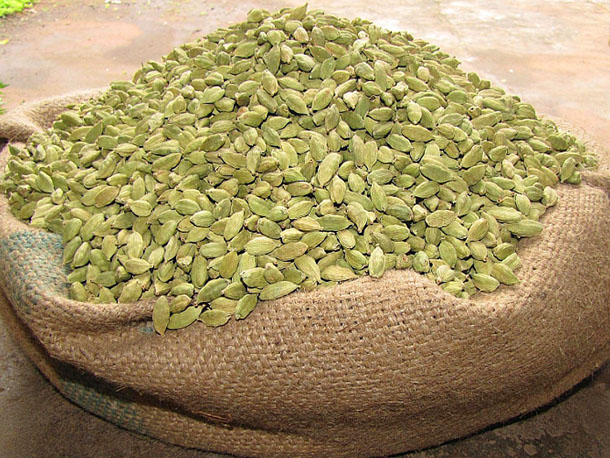
The world’s largest producers of cardamom, Guatemala and India, are exploring ways to collaborate in the sector, The New Indian Express reports.
Collectively, these two countries produce around 50,000 tonnes of cardamom. Talks are at a very early stage and the areas of discussion are being formulated now.
Georges de La Roche, ambassador for Guatemala, said: “The two countries are looking at areas where we can collaborate in cardamom sector. Initial talks are being held with Indian Spices Board. Last year when high level ministers came from Guatemala to New Delhi they also reiterated the possibility of a collaboration as we are the two largest cardamom producing nations in the world. Unlike India where cardamom is cultivated by small scale farmers, in Guatemala cardamom production is being done by a few corporates.”
De La Roche noted that the import tariff for cardamom in India is 60-110%, which is quite high.
According to the latest updates, cardamom output in Guatemala is expected to be 29,000-30,000 tonnes, about 8,000 tonnes less than in the previous season (2013/14).
In late July, Andrew Barker, managing director of PBA Brokerage told that his contacts in Guatemala were indicating a range of 30,000 to 33,000 tonnes for the 2014/15 crop.
Typically, harvesting of the Guatemalan crop runs from October to the end of March.
According to The New Indian Express, cardamom production in India in 2015/16 is likely to be 20-40% lower than a year ago due to crop damage in Kerala.
However, Samex Agency, which markets under the brand Emperor Akbar Green Cardamoms, said last month that this year’s Indian crop was good in terms of size and quality and estimates varied between traders from 22,000 tonnes to 25,000 tonnes, which was almost the same size or slightly larger than last year.
India produces on average around 20,000 tonnes of cardamom. In 2014-15, cardamom exports from India went up just 5% to 3,795 tonnes at INR3.23 billion (USD48.67 million).
De La Roche said Guatemala is open to trade hence its highest import tariff is 15%. “In terms of cardamom we have many areas which could be looked at for cooperation,” he said.
Spices Board officials told The New Indian Express that they were unaware of the details of the talks.

